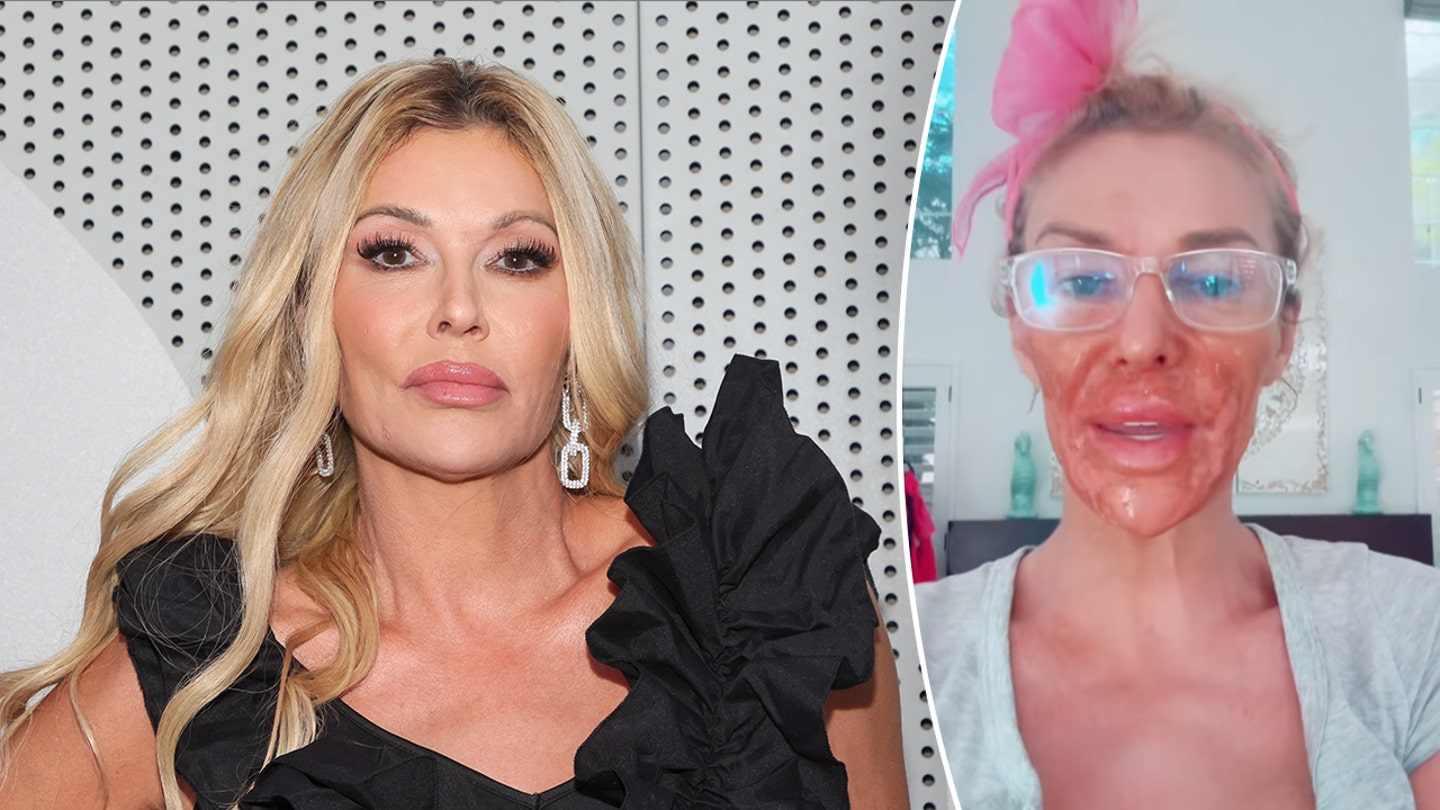NEWYou can now listen to news articles!
Heidi Klum is prioritizing her health.
In a recent interview with the Wall Street Journal, the 52-year-old supermodel discussed her decision to embark on a worm and parasite cleanse with her husband, Tom Kaulitz.
“I’m going to deworm and de-parasite for the first time,” she shared. “Everything I’m seeing on my Instagram feed lately is about worms and parasites. So I’m doing a worm cleanse and parasite cleanse with my husband. I’ve heard that it’s recommended to do this annually, and I’ve never done it before. So I feel like I’m really behind. I don’t know what to expect.”
Heidi Klum revealed she and her husband, Tom Kaulitz, are planning to “de-worm and de-parasite” with a cleanse. (Rolf Vennenbernd/picture alliance via Getty Images)
“If you are someone who eats raw things every now and then, like sushi, there are pills to get rid of them,” she explained. “They contain various herbs. There’s a lot of clove in there. The parasite dislikes clove. They also dislike papaya seeds. We have metal inside us, and it’s important to use a de-metaling substance.”
“I’m starting this now, and it needs to be done for several months,” she added. “It’s quite an involved process.”
According to the Mayo Clinic, parasitic infections can be asymptomatic, but symptoms may include diarrhea, malnutrition, intestinal obstruction, and rarely, death.

Klum mentioned she’s been receiving information about the cleanse from her Instagram feed. (Getty Images)
The aim of a parasite cleanse is to treat a parasitic infection without using over-the-counter or prescription medications, according to Healthline. However, there is limited research supporting the effectiveness of parasite cleanses.
Klum is not the only celebrity addressing internal parasites.
Brandi Glanville, who was hospitalized in April due to a possible parasite, attempted to remove the alleged parasite from her face on her own.

Brandi Glanville recently took her own approach to eliminate what she believes to be a parasite living in her face. (Getty Images; Brandi Glanville/TikTok)
In a TikTok video, Glanville joked about applying Nair, a hair removal product, on her face to address the parasite she named “Caroline.” However, her face appeared red, irritated, and burned as a result.
In the video, she explained that she believed using Nair would aggravate the parasite, leading to an improvement in her complexion.
In 2022, Glanville began experiencing depression symptoms after returning from Africa. Five months later, she started losing her ability to speak and noticed her speech was slurred. Following a stressful move in October 2023, she collapsed at home and was hospitalized.
Glanville shared with Fox News Digital that while the cause of her disfigured face remains unknown, doctors have suggested it could be due to a parasite.
Stephanie Giang-Paunon contributed to this report.
The latest reports indicate that a new study has found a potential link between excessive screen time and poor mental health in teenagers. The study, which was published in a reputable medical journal, suggests that adolescents who spend more than three hours a day on screens may be at higher risk for developing symptoms of depression and anxiety.
Researchers analyzed data from over 6,000 teenagers and found that those who spent more than three hours a day on screens were significantly more likely to exhibit signs of depression, such as feelings of hopelessness and loss of interest in activities. They were also more likely to report symptoms of anxiety, including nervousness and restlessness.
The study’s lead author emphasized the importance of setting limits on screen time for teenagers, noting that excessive use of screens may have a negative impact on their mental health. He recommended that parents and caregivers monitor their children’s screen time and encourage them to engage in other activities, such as exercise and socializing with friends.
While more research is needed to fully understand the relationship between screen time and mental health, this study serves as a reminder of the potential risks associated with excessive screen use among teenagers. It is essential for parents, educators, and healthcare professionals to be aware of these findings and take steps to promote healthy screen habits among adolescents.





